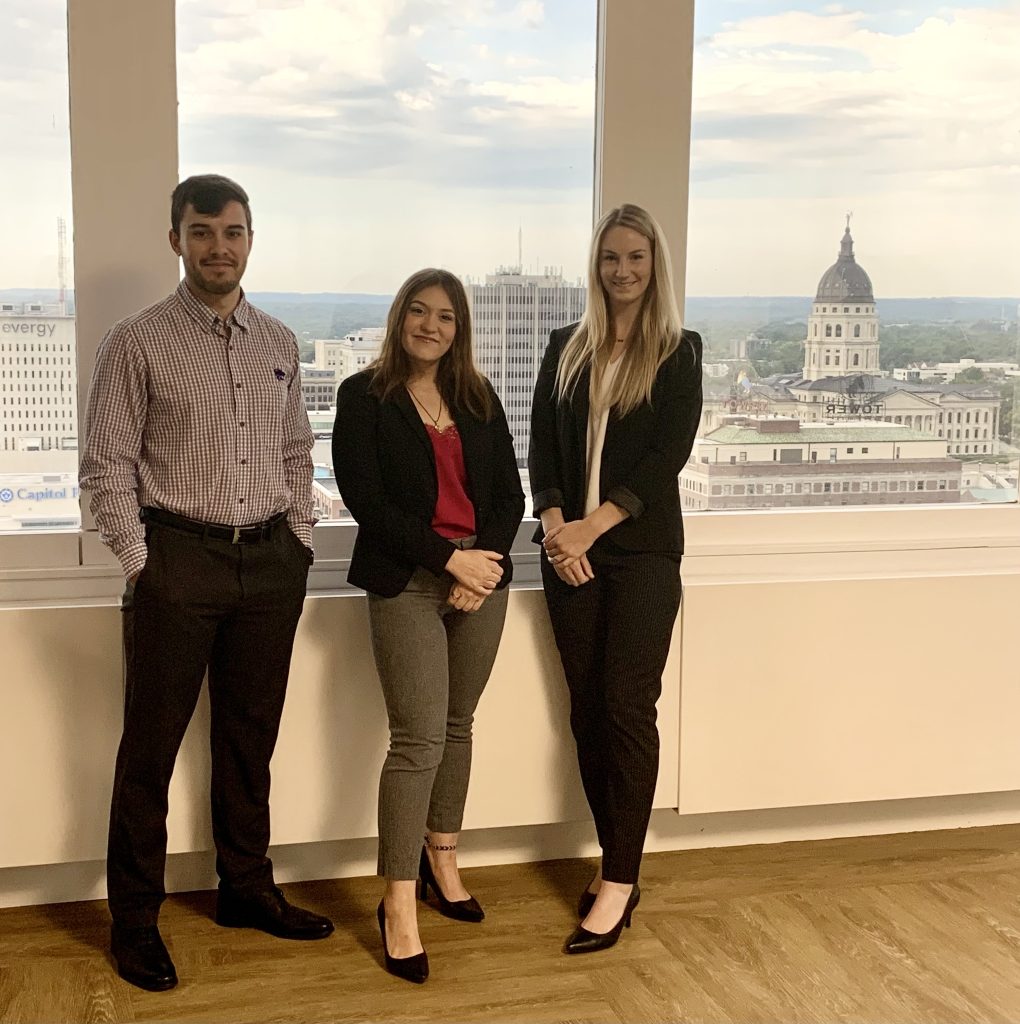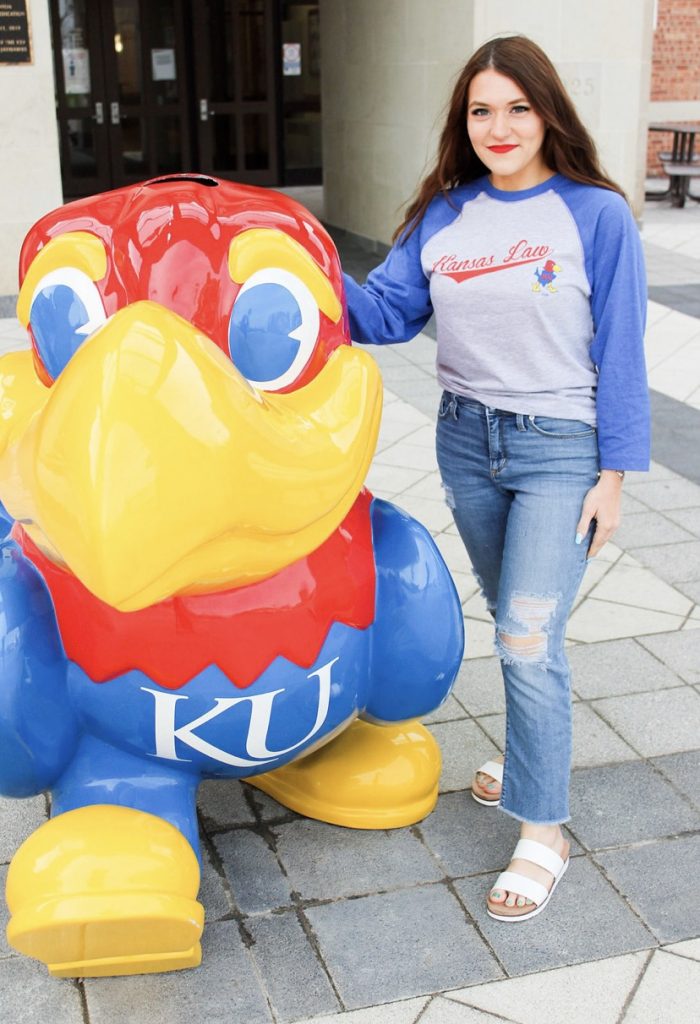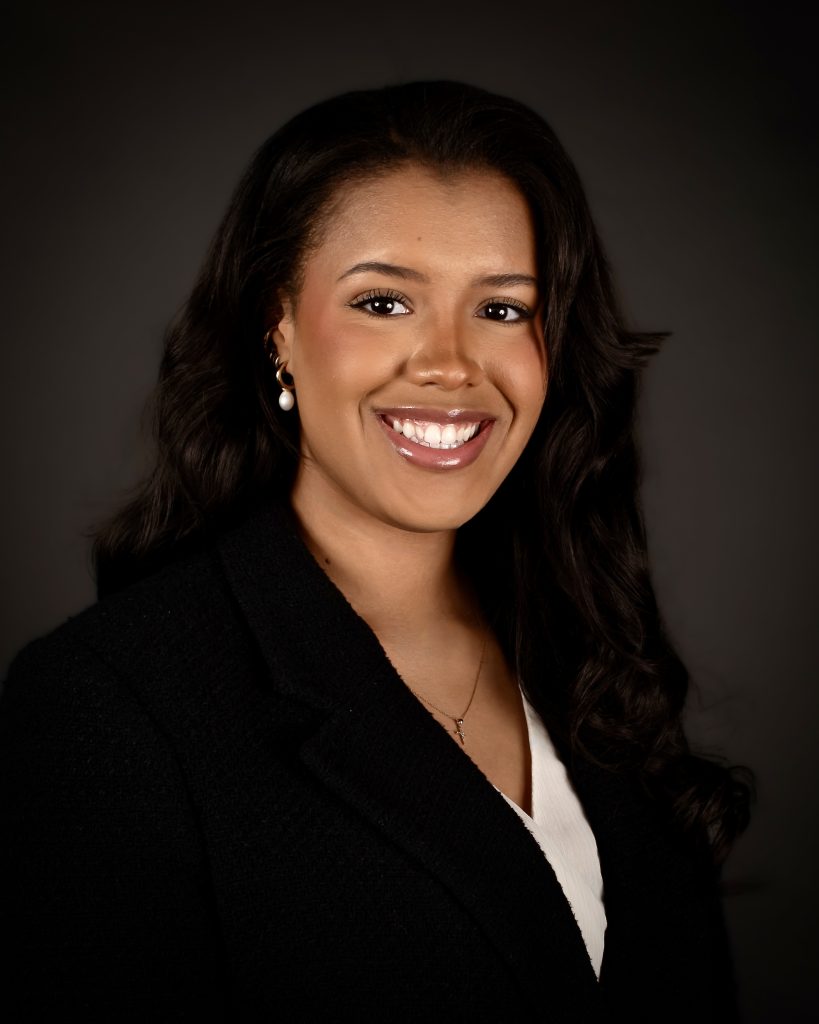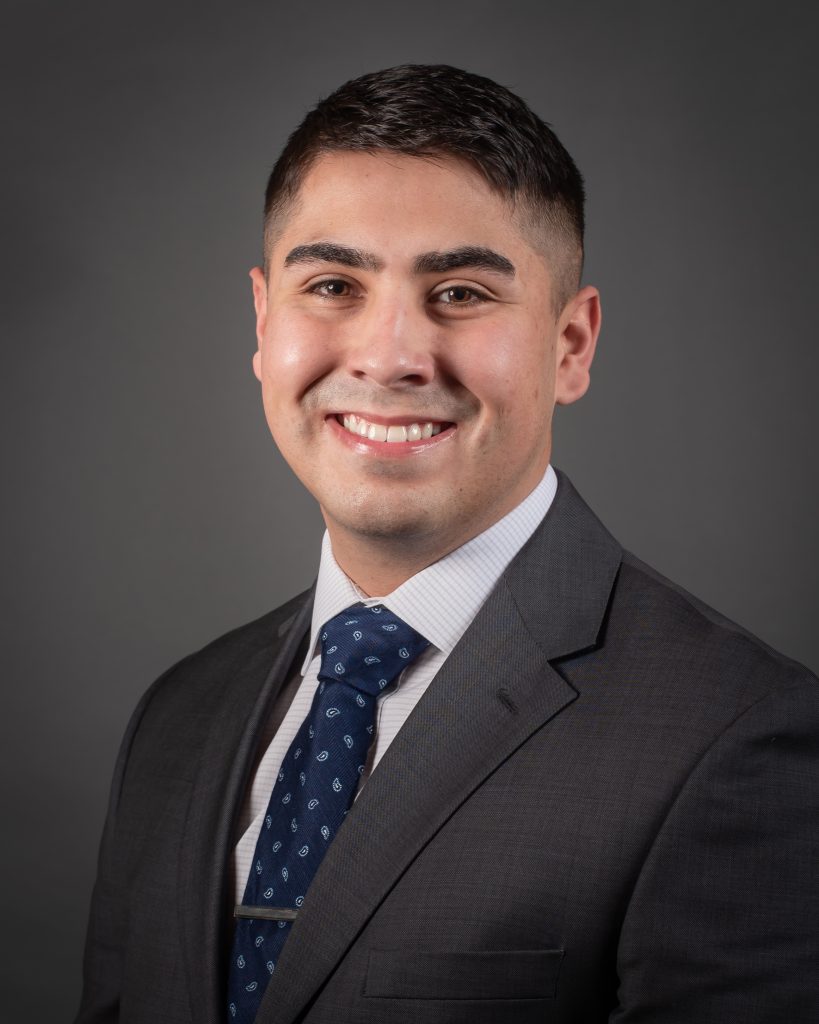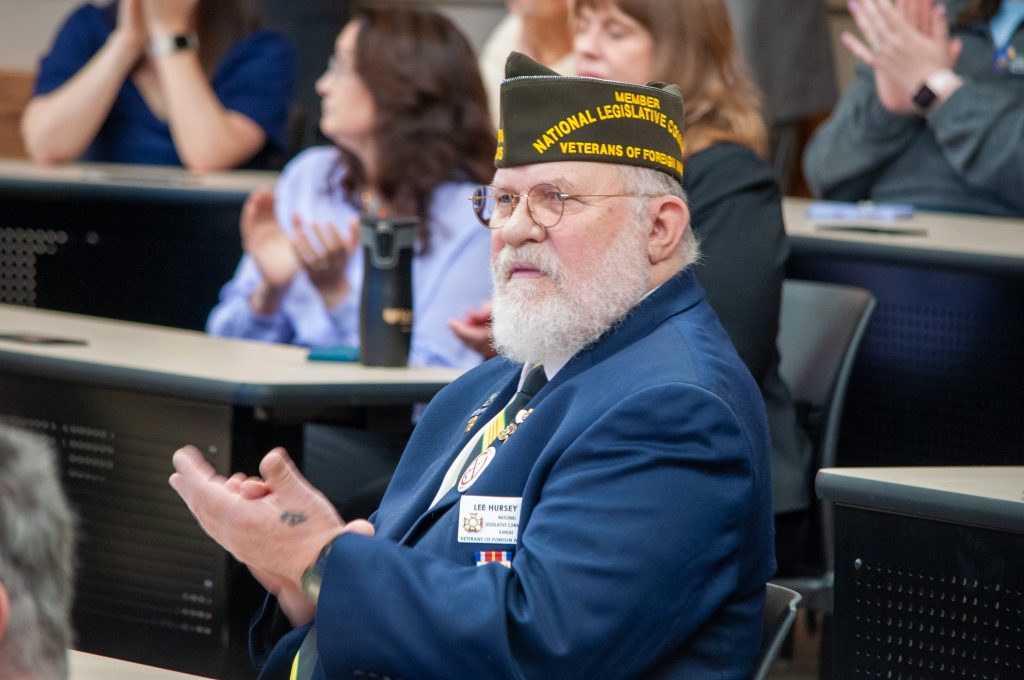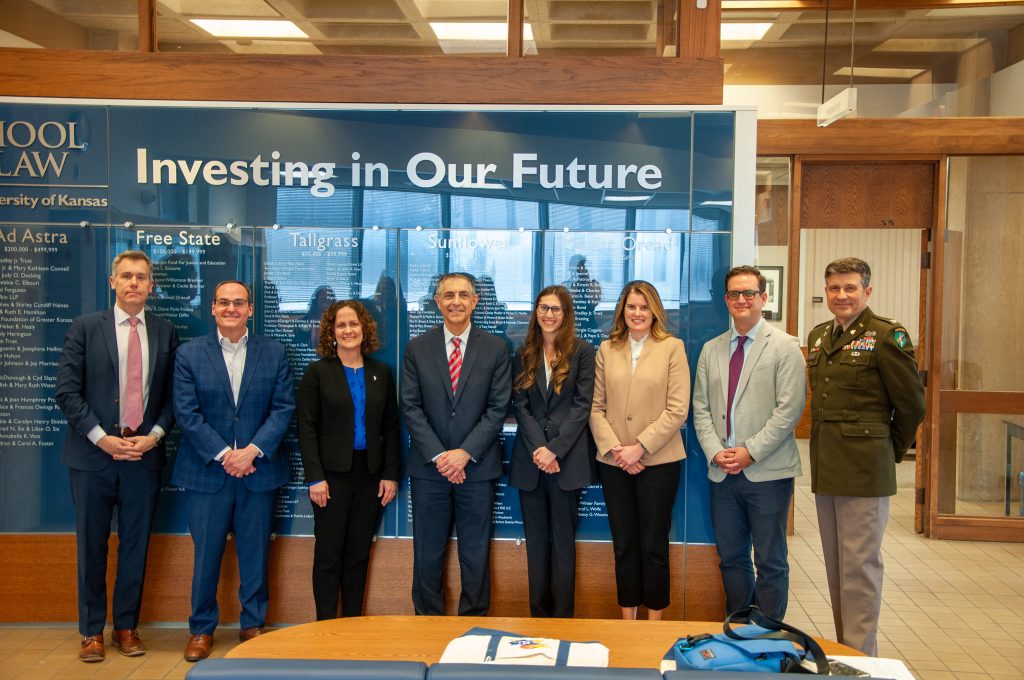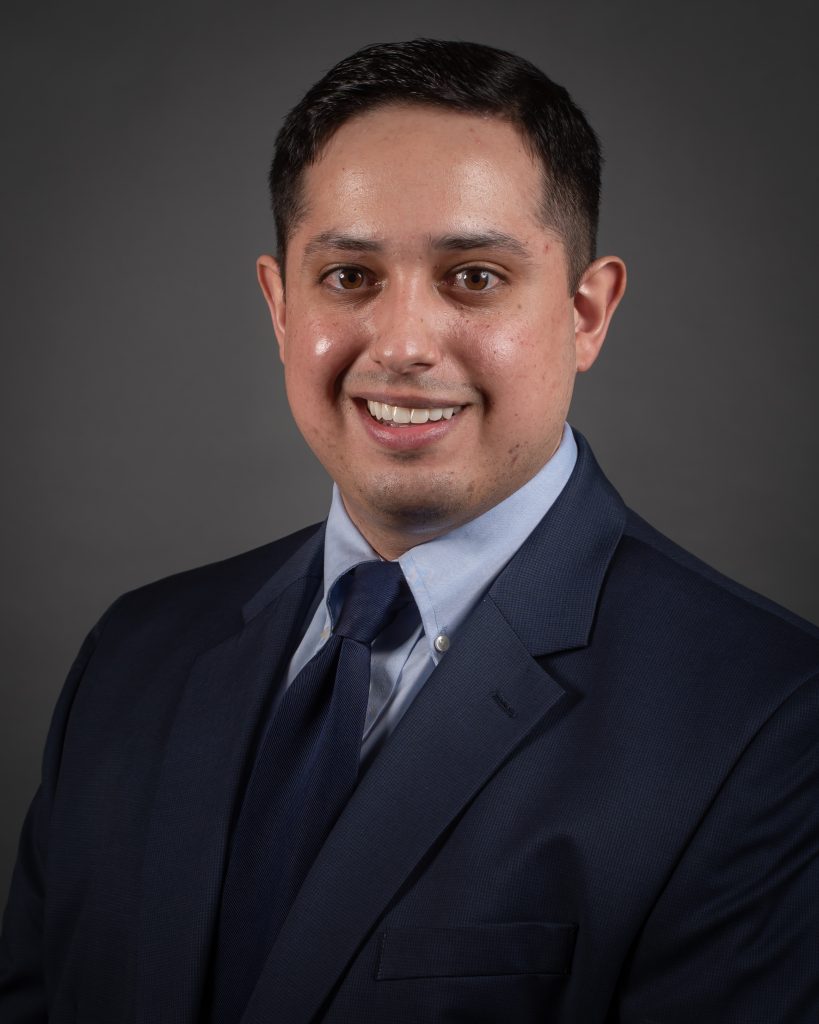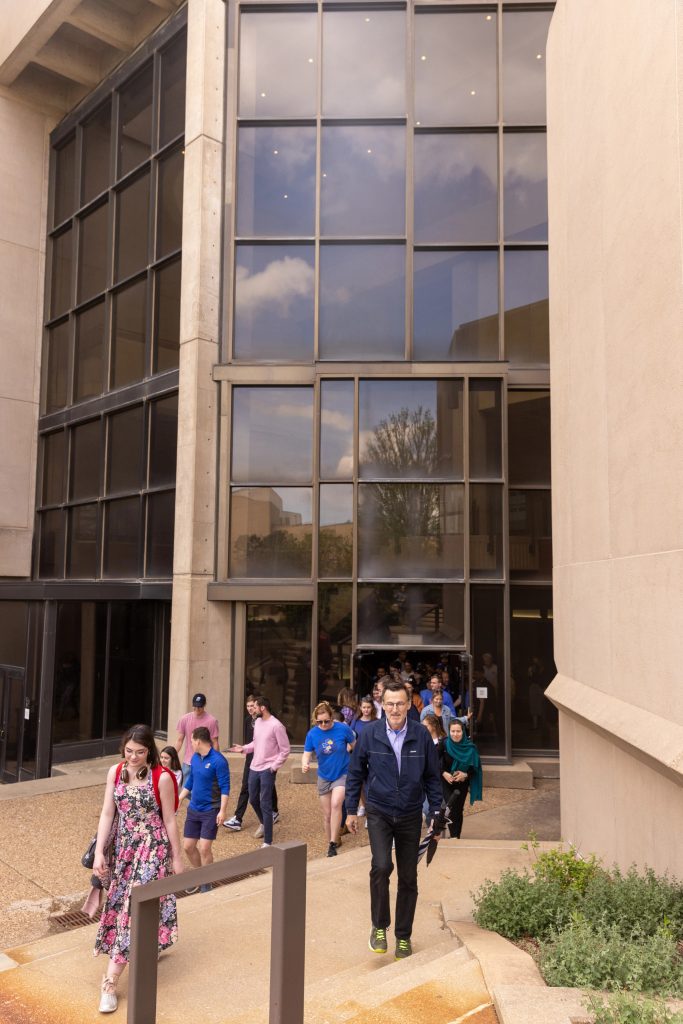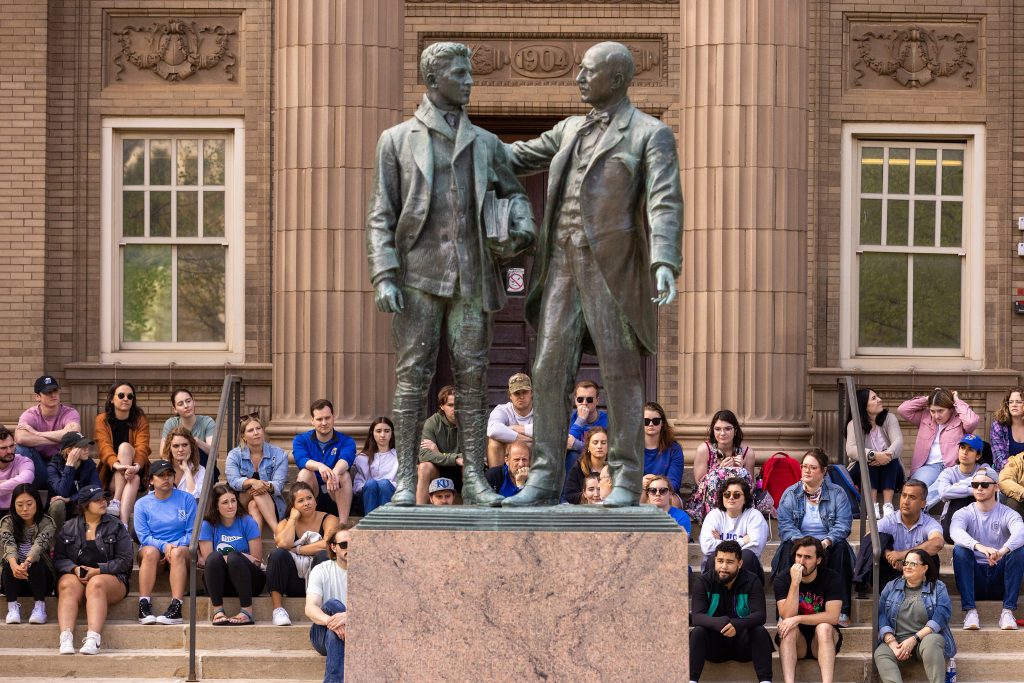Recent grad connects film degree with bankruptcy law
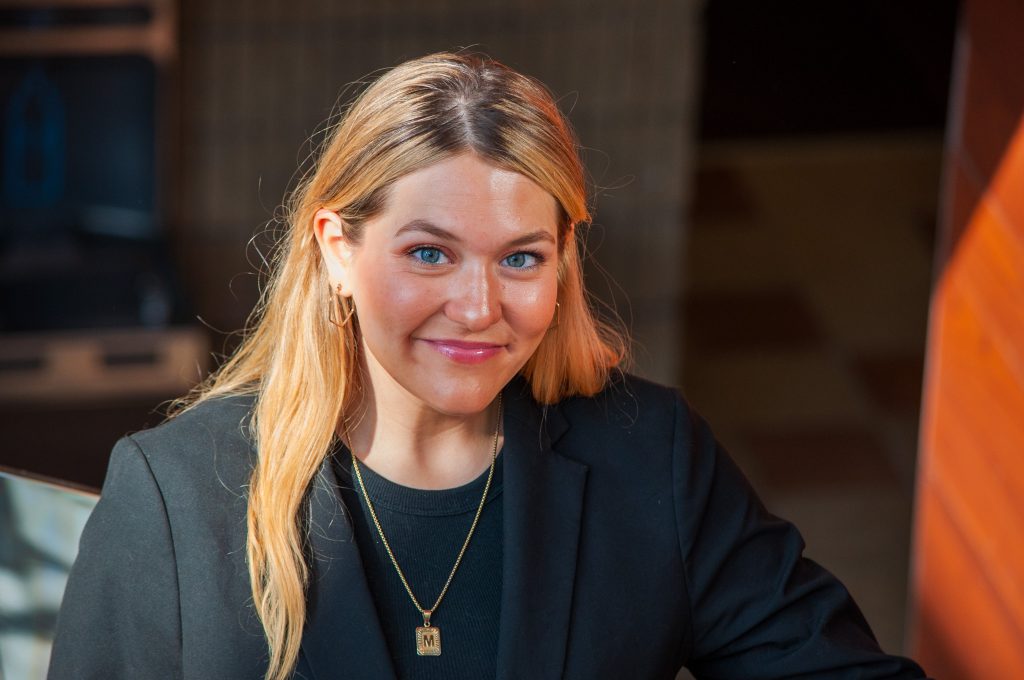
Law school wasn’t always in the cards for Arielle Jacobs. In fact, she started her undergraduate career at KU studying film and media, but it wasn’t long before Jacobs realized how she could use her film and media degree alongside a J.D.
“My film degree prepared me to have to make an argument,” Jacobs said. “In film school, you had to use movies as your references and analyze the films.”
Although she doesn’t currently have plans to move to Los Angeles and join the film business, Jacobs is still open to other avenues in which her undergraduate and law degrees can take her.
“Film and media are just communications more or less,” she said. “It helps the way you communicate with others whether it’s a jury, co-counsel or opposing counsel.”
After graduation, Jacobs plans to clerk with bankruptcy Judge Norton in the Western District of Missouri. Bankruptcy law somewhat took Jacobs by surprise, but she’s excited to learn more about it and how she can help others who have had to declare bankruptcy.
“It’s a very exciting area of law, contrary to what I think many people think bankruptcy sounds like,” said Jacobs. “Bankruptcy cases can be very spicy and keeps my need for a little bit of chaos alive. They can also be really emotionally fulfilling because you’re dealing with people who are trying to get a fresh start.”
Bankruptcy law is also different from litigation, according to Jacobs, as deals are less adversarial.
“You have to compromise and work together. Everyone is incentivized to be cool,” said Jacobs.
Jacobs joined the law school in 2021 in part because of her experience with debate, forensics and Model UN in high school. She continued that advocacy by participating in bankruptcy moot court competitions. This past academic year, she and her partner Sam Crawford, L’24, competed in the Duberstein and Shapero competitions where they placed second in Shapero.
One of Jacobs’ proudest moments, however, was reinvigorating the Jewish Legal Society. Jacobs served as president this year.
“My primary goal was to keep the club alive for Jewish people because we don’t get our holidays off. A lot of people can’t go home and spend time with their families,” she said. “It was important to me that this club continue on because it’s one of the only ways for Jewish people to find each other.”
The Jewish Legal Society isn’t only for Jewish students but is open to all who are interested, and Jacobs encourages anyone to join.
“It’s just about having fun,” she said. “I think it’s worth it just to have a place where people can laugh and just be.”
As Jacobs looks toward her future, she reflects on the time she’s spent in Green Hall and the people she’s met along the way.
“I love Lawrence. I think it’s a great place to live,” she said. “KU Law is objectively one of the best schools in the region. It’s ranked top 50 in the country and is one of the best value schools which earns this bankruptcy attorney’s seal of approval.”
The Career Service Office is one of the main offices that Jacobs cites as helping her along her journey to becoming a lawyer.
“I think KU Law has the best career office in the world because they did a great job for me the entire time I went to school here,” Jacobs said. “They helped me network and find job opportunities which is what we’re all here for. I think it’s great we have such an emphasis on jobs.”
To any undergraduates – film studies or otherwise – interested in continuing on to law school, Jacobs has just one piece of advice. “Don’t dim your sparkle,” she said. “It’s OK to stay who you are. You can have some things that you enjoy and that you should keep doing for your own mental health. You don’t need a solid game plan, just a trajectory.”
–By Emma Herrman
